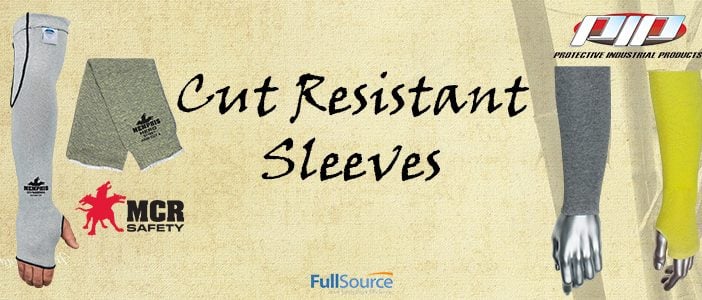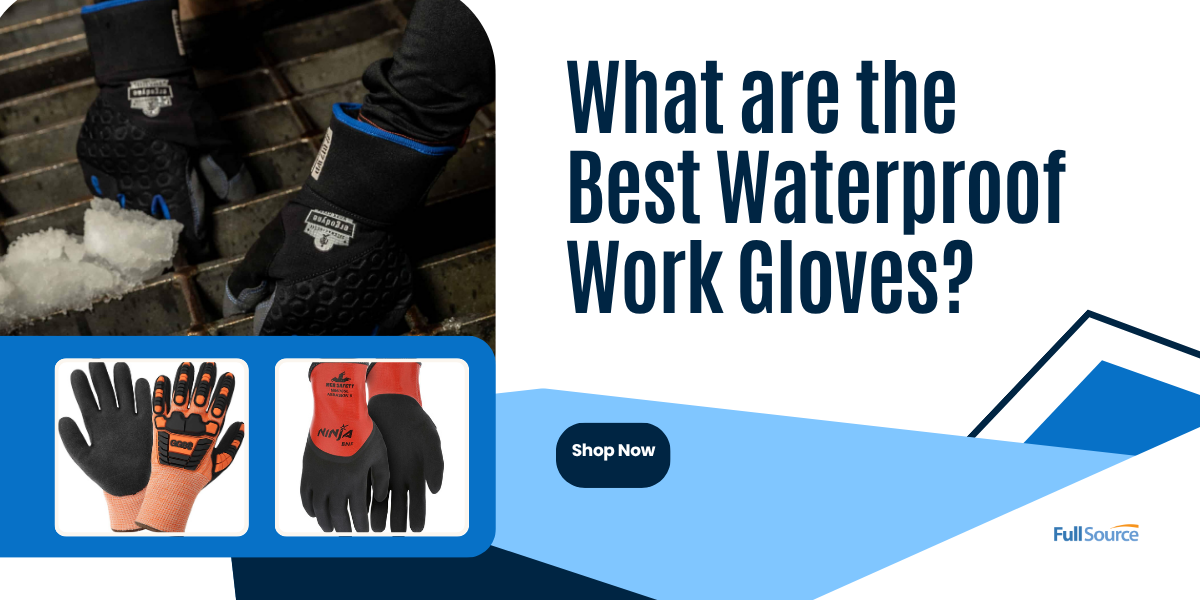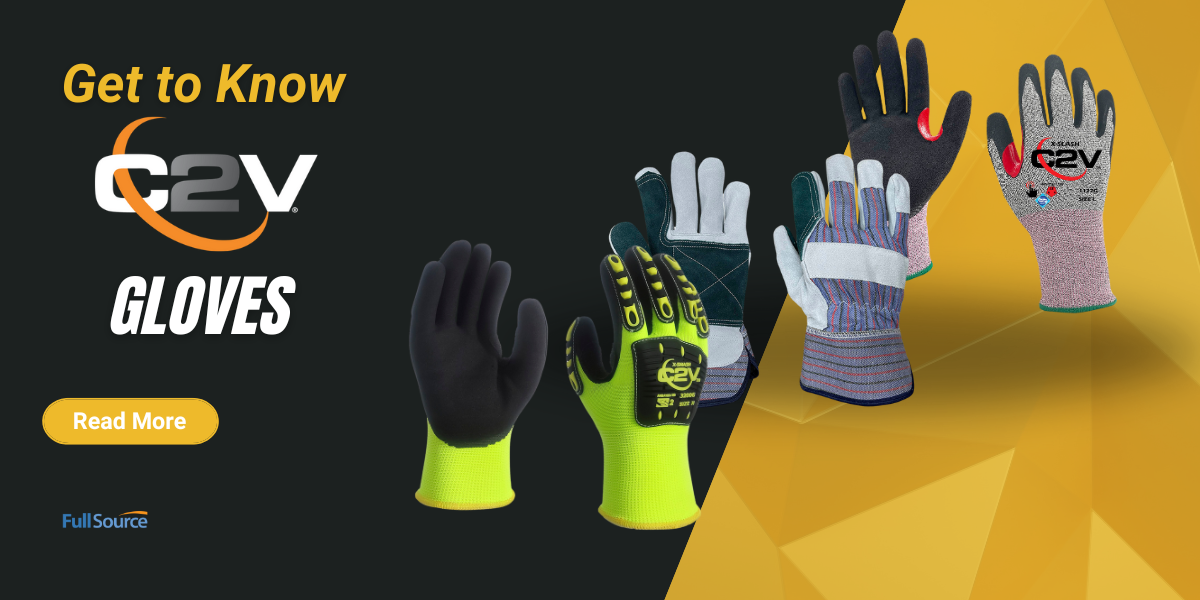Most people prefer not to get cut at work. While your hands are important not getting cut on the rest of your arms is as equally important. That’s when you should consider cut resistant sleeves. These sleeves are offered in a variety of styles such as Dyneema or Kevlar fibers. We’ll describe some aspects of cut resistant sleeves that can benefit those who are at risk of being cut.
ANSI Cut Level
First things first is to look at the actual cut resistance of the cut resistant sleeves. The ANSI Cut Level is typically a score out of 5. Usually denoted by the letter “A” followed by a number (ex. A3). Recently, the American National Standards Institute (ANSI) updated this standard back in 2016. This new standard involves using a revised method for testing. Understanding the cut level is important. Because working with sheet metal or glass can be much sharper than say product assembly.
Gauge
Another characteristic to examine would be the gauge. Generally, the gauge is used to determine thickness in gloves as well as cut resistant sleeves. Gauges refer to the amount of stitches per inch. The higher the number means that the sleeve will be thinner. For example, a 7 gauge sleeve will be thicker than an 18 gauge sleeve. Everyone wants the thinnest gauge for comfort and protection. It may not always be possible since certain gauges protect against certain hazards.
Length of Cut Resistant Sleeves
Lastly, length or fit can also play an important role. Many sleeves these days are “One Size Fits Most.” But that may not always be the case since some people may have longer arms than others. Or if only needing to protect the wrists, you’re not going to need a long 18″ sleeve. As for fit, it’s important that the sleeve is not constantly sliding down the arm. Some sleeves feature elastic or tapered ends so that it stays better.
Cut resistant sleeves are vital to many jobs such as food processing, manufacturing and landscaping. It’s important to make sure you’re choosing the right type for you. Keep in mind the aspects to consider like cut level, gauge and the length (or fit). Whether you need a sleeve from PIP or Memphis Gloves, there are plenty of options at your disposal.




